The most terrible railways from around the world
Categories: World
By Pictolic https://pictolic.com/article/the-most-terrible-railways-from-around-the-world.htmlImagine that you are traveling by train past picturesque mountains and plains, admiring stunning views from the window, drinking aromatic coffee... Now imagine that your train is traveling very slowly, and even along a narrow road at an altitude of 3000 meters, which , by the way, runs along the edge of a steep gorge. Nice trip, isn't it? It is unlikely that in this case you will ask for a seat by the window.
Well, all the railways in this issue differ from others precisely in that they are some of the most terrible in the world. All in all, the trip is not for the faint of heart.
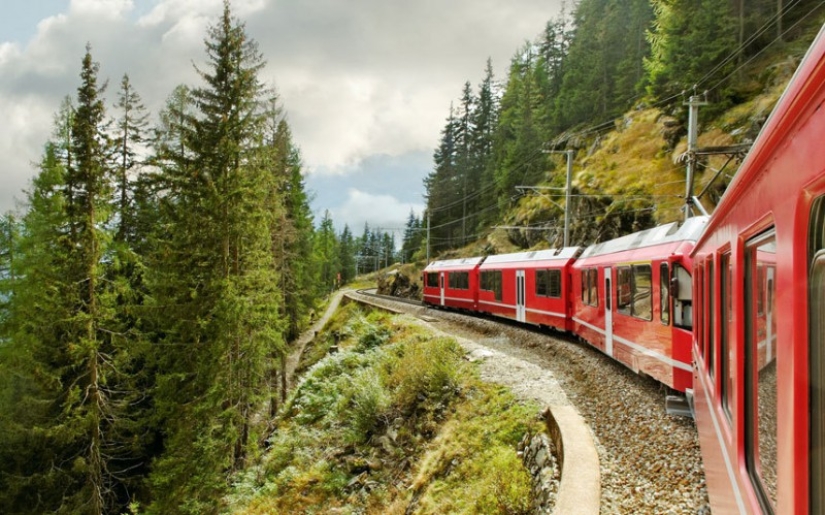
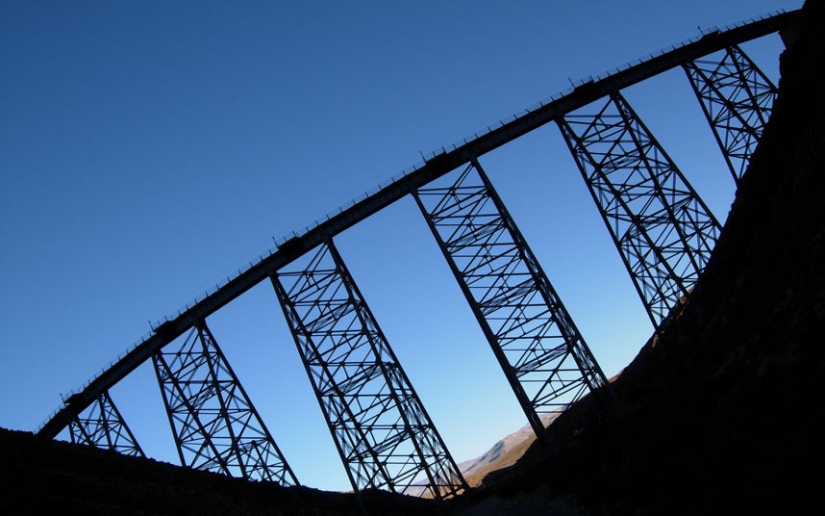
The name of this road, which was built in 1932, translates as “Train to the Clouds.” And believe me, this name was given to it for a reason. The train departs once a week from the Argentine city of Salta, and passengers then have a 16-hour journey along a 424 km route. The road was built purely for economic reasons, but now it is only for tourists. The route passes through tobacco fields and lowland ranches, over 29 bridges and through 21 tunnels, before the train rises to an altitude of more than 4,200 meters via the La Polvorilla Viaduct, making Tren and las Nubes the third highest railway in the world. (AP/FOTOLIA)
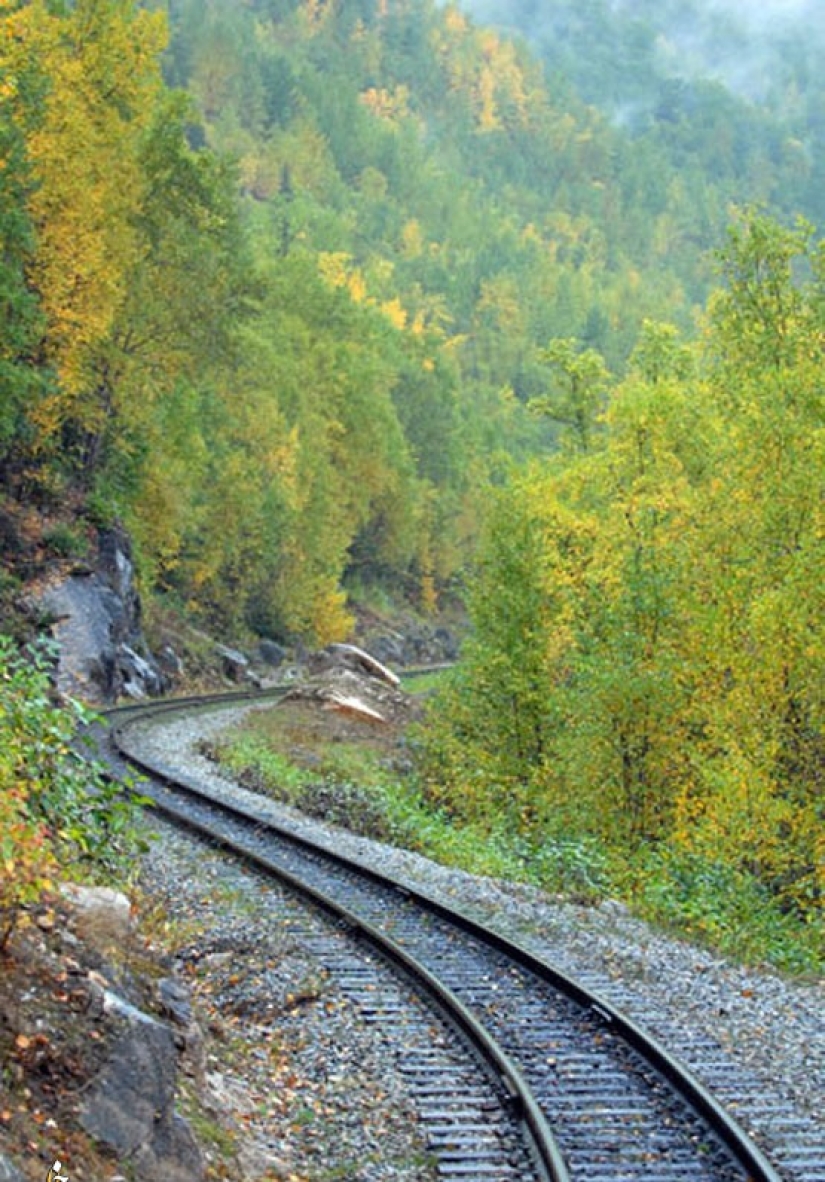
The 108-kilometre route connects the Alaskan port of Skagway, now a popular stop for cruise ships, to Carcross and on to Whitehorse, the capital of Canada's Yukon Territory. This narrow gauge railroad was completed in 1900 at the end of the Gold Rush. The amazing road is famous for its steep ascents and descents, dozens of bridges and multiple turns at the edge of the cliffs... all against the backdrop of glaciers, mountains and waterfalls. (AP/FOTOLIA)
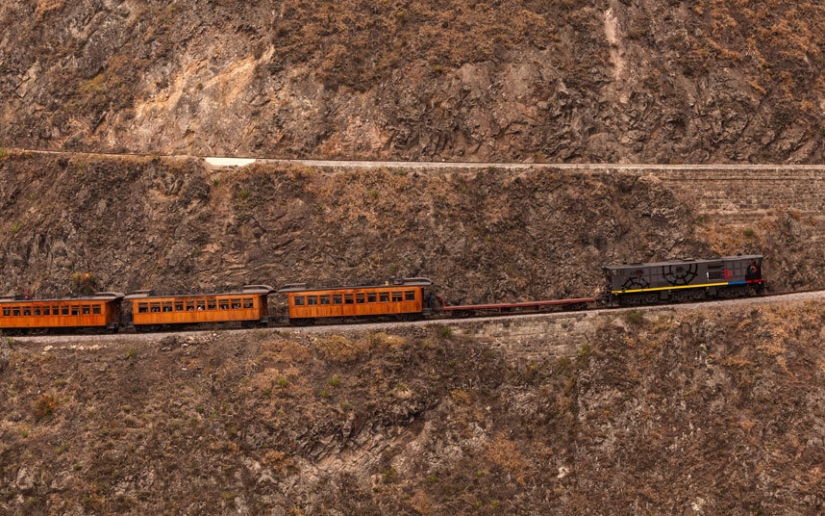
"Devil's Nose" isn't a bad name, right? This road runs between Alausi, near the Andean city of Riobamba, and Palmyra, which lies about 80 km to the south. The train travels very slowly, giving passengers the opportunity to admire the “Avenue of Volcanoes” to their fullest. Unfortunately, passengers are no longer allowed on the roof of the train, but there is an opportunity to ride in an open carriage. The Devil's Nose itself is a small part of the route between the cities of Guayaquil and Quito, consisting of a steep climb along a kind of roller coaster. (AP/FOTOLIA)
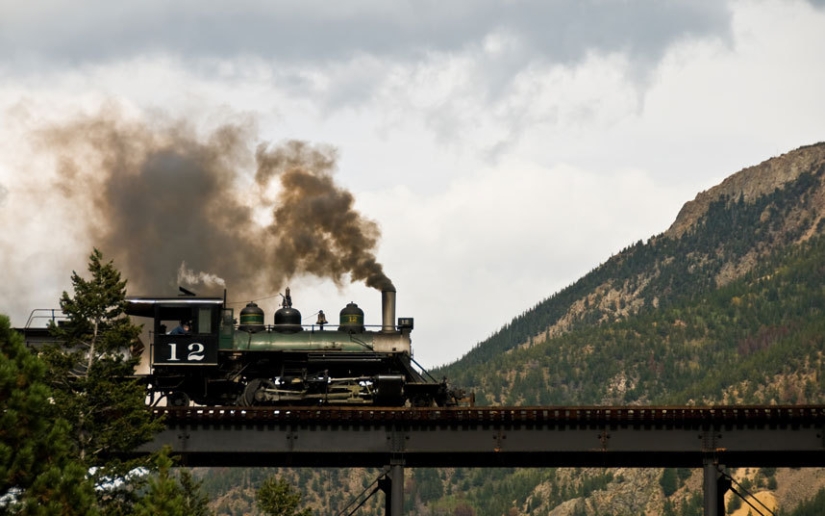
The Georgetown ring railway is only 5 km long. Nevertheless, it has remained one of the most popular attractions for more than a century. It can be driven from Georgetown, Colorado to the nearby town of Silver Plum, and in that short trip it climbs 195 meters and passes through picturesque mountains. Open from May to December. (AP/FOTOLIA)
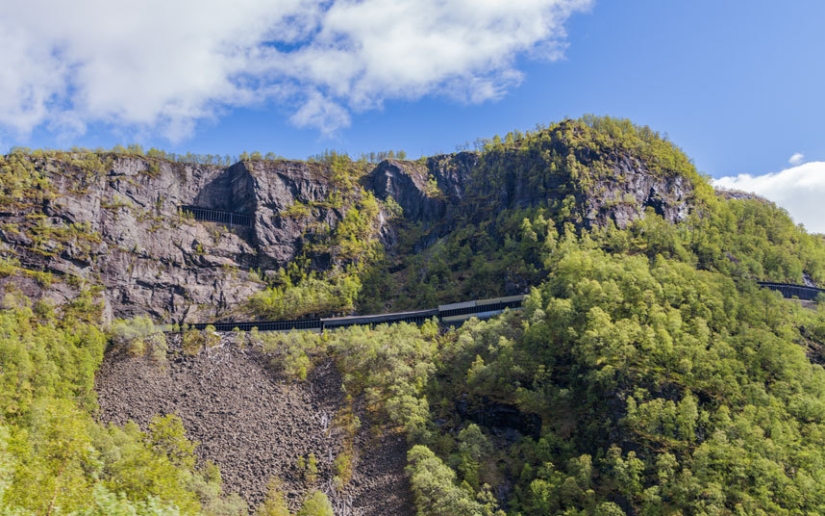
This 20-kilometer road in Norway, descending 860 m from Myrdal to the port of Flam, is so steep that the locomotives built specifically for it have five braking systems. Along the route, the train passes through 20 tunnels, one of which is spiral. This is one of the steepest railways in the world with a gradient of 1 in 18. Sometimes spray and water dust from nearby waterfalls hit the train. (AP/FOTOLIA)
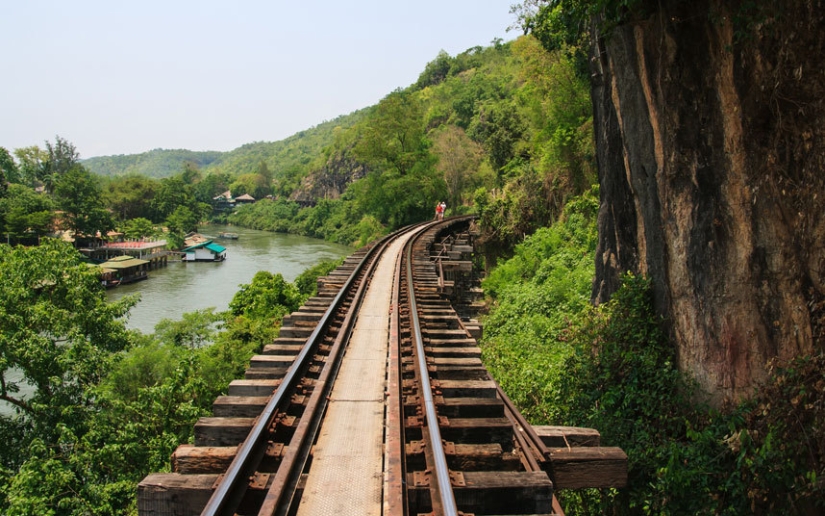
More than 90,000 workers and 16,000 prisoners of war died during the construction of this 400-kilometer road between Bangkok and Myanmar. This historic building was the basis for the films The Bridge on the River Kwai and Retaliation, starring Colin Firth. Now a trip along the preserved section of the route is very popular among visitors to Kanchanaburi. The train skirts sheer cliffs and passes over several rickety-looking wooden bridges. (AP/FOTOLIA)
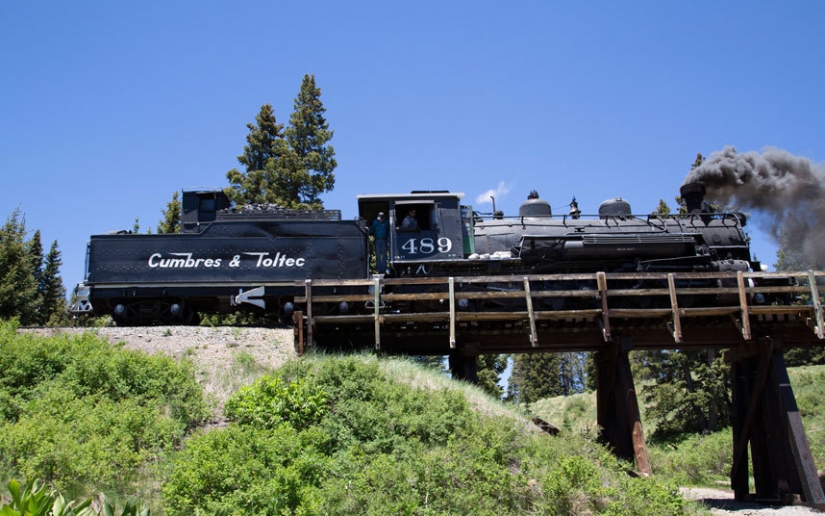
Trains on this route in the southern Rocky Mountains operate during the summer and take passengers from Chama, New Mexico, over Cabres Pass, the highest pass in the United States (3,000 m). The train passes through numerous loops, overpasses and tunnels, and then through the Toltec Gorge before finally stopping at the train station in Antonito, Colorado. (ALAMY)
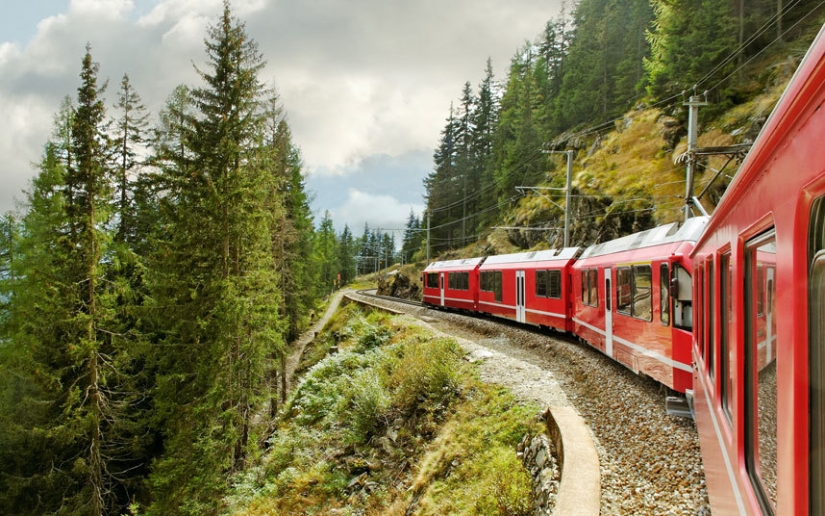
The highest railway crossing the Alps. The engineering marvels here are so amazing that the Bernina Express has become a UNESCO World Heritage Site. Travelers are in for a truly breathtaking ride between the cities of Chur and Tirano in Switzerland. In summer, passengers can enjoy wonderful local views while traveling in an open carriage. And there is a lot to see here: tunnels, deep gorges and ravines. (AP/FOTOLIA)
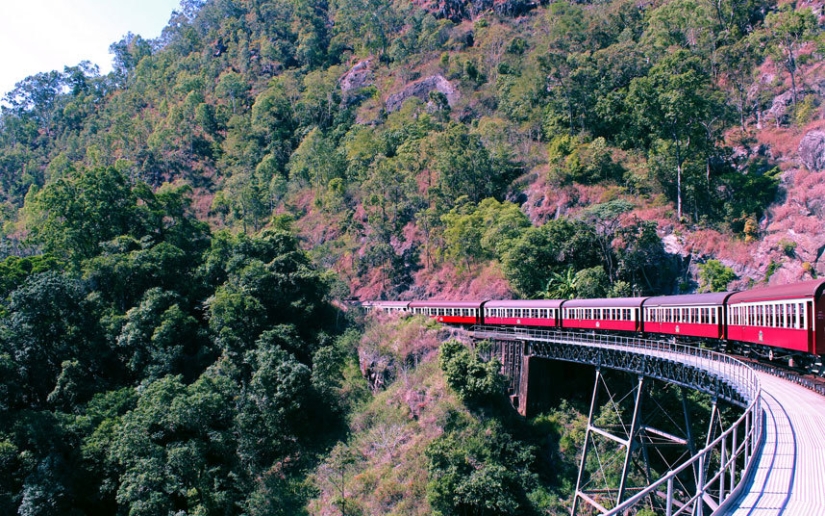
The road, completed in 1891, runs from Cairns to Kuranda. The 1 hour 45 minute journey takes the train over an impressive lattice viaduct offering stunning views of Barron Falls and the Coral Sea. The route passes through Barron Gorge National Park, past waterfalls and rainforests, and passes 15 tunnels. (ALAMY)
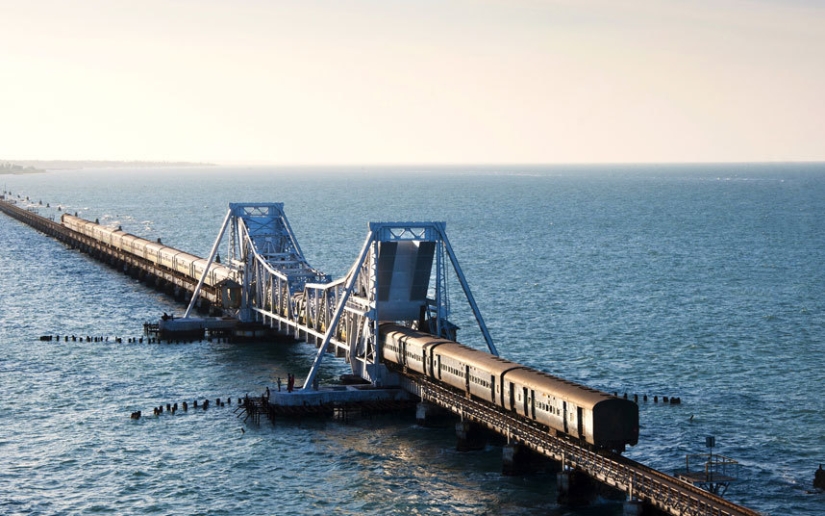
The town of Rameshwaram on Pamban Island is connected to mainland India by a 2 km bridge with 143 piers. This bridge, which opened in 1914, is a railway bridge, if you haven't already guessed. The views from here are stunning. Rameswaram itself is considered a sacred place and is very popular among pilgrims. (AP/FOTOLIA)
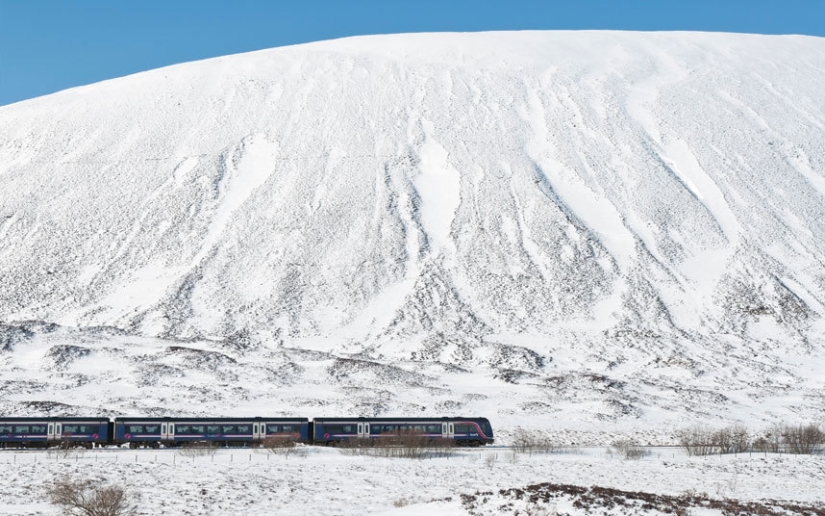
Imagine those who spent long hours and even days building this road in the terrible conditions of the Scottish countryside. Sometimes only a helicopter could deliver provisions. The road passes through the largest flat moor in Europe and some of Britain's most desolate landscapes, home to deer, dunlin, golden plovers and merlins. (ALAMY)
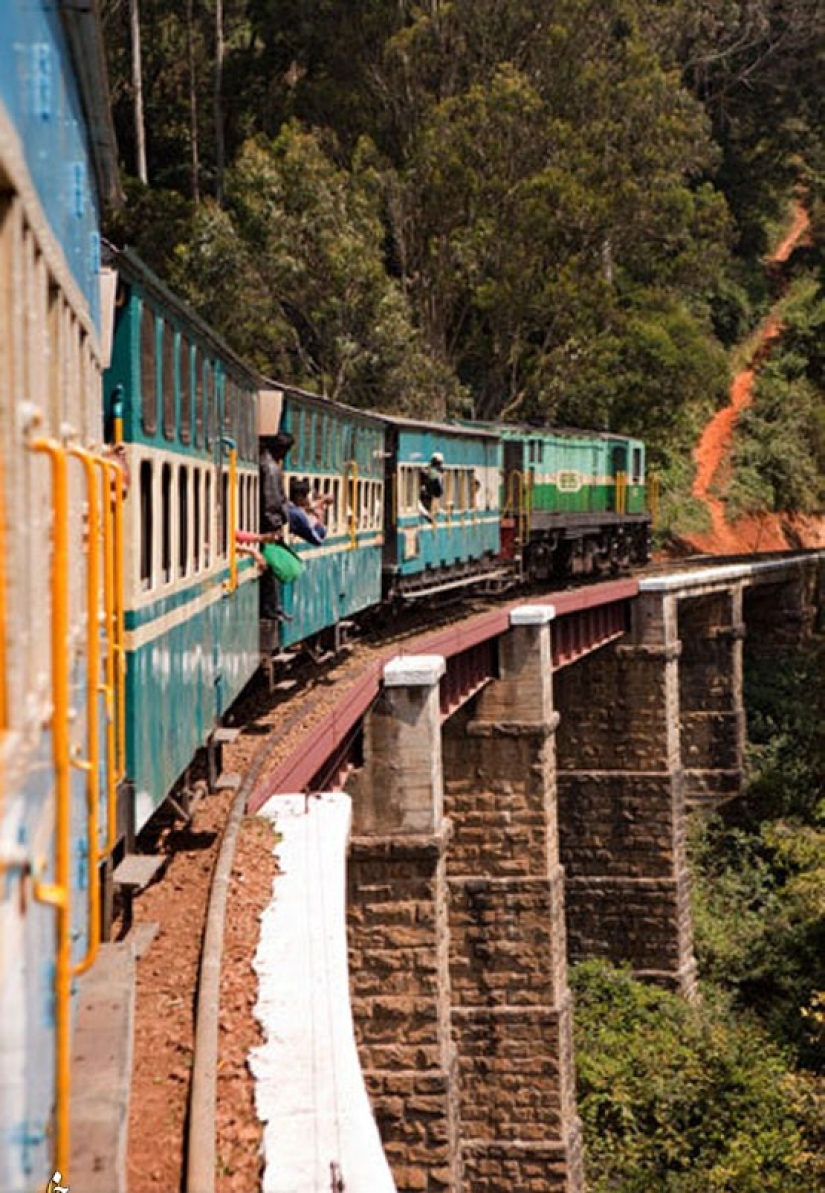
The Darjeeling-Himalayan Railway, Kalka-Shimla Railway and Nilgiri Mountain Railway were built to serve hill stations during British India and are considered engineering marvels to this day. Each line passes through the foothills of the hills (the first two are in the Himalayas), and then goes around the mountains higher and higher. The local trains are not the best example of comfort, and they travel very slowly, although all these shortcomings are compensated by the dizzying views. (AP/FOTOLIA)
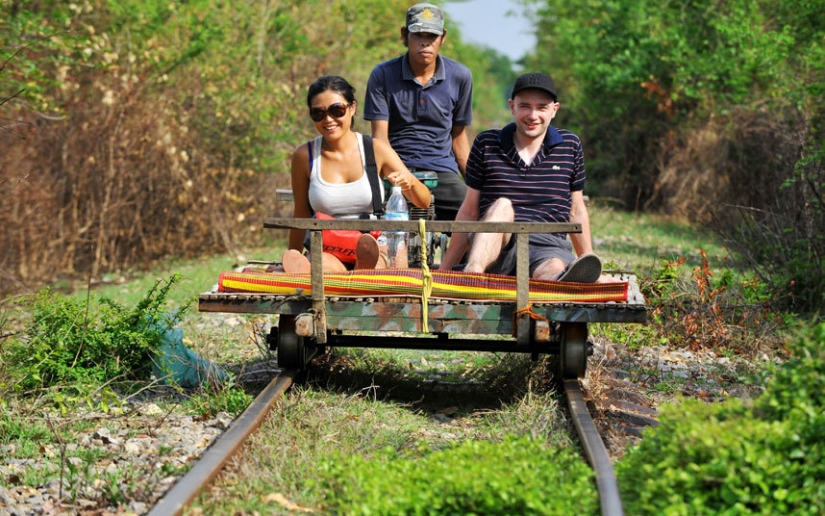
To somehow solve the problem of the country's notoriously primitive and unreliable railways, Cambodians created their own network of “trains” from bamboo and old parts. These contraptions reach speeds of up to 40 km/h, are powered by tiny motors and can carry dozens of passengers at a time. Cushioned railcars now travel from Battambang to a village an hour's journey away. The only problem is that if two such “carts” meet on the way, then the one with fewer passengers is manually removed from the road so that the second one can pass. (ALAMY)
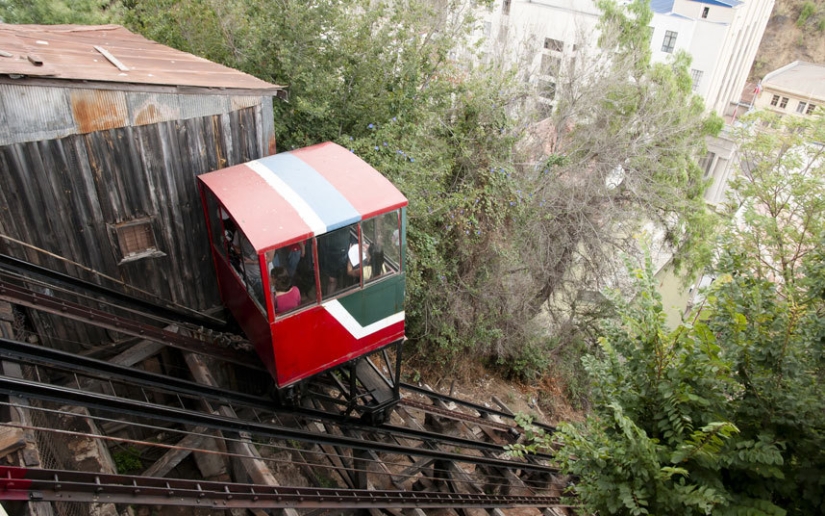
These steep cable-rail roads were clearly not built for the faint of heart. Some of the most famous examples can be found in Switzerland, Austria, Germany, England and Japan. The photo shows a bright funicular from the Chilean town of Valparaiso. Perhaps some of our readers rode the funicular in Kyiv, Odessa, Baku or Tbilisi. (AP/FOTOLIA)
Recent articles

It's high time to admit that this whole hipster idea has gone too far. The concept has become so popular that even restaurants have ...

There is a perception that people only use 10% of their brain potential. But the heroes of our review, apparently, found a way to ...

New Year's is a time to surprise and delight loved ones not only with gifts but also with a unique presentation of the holiday ...